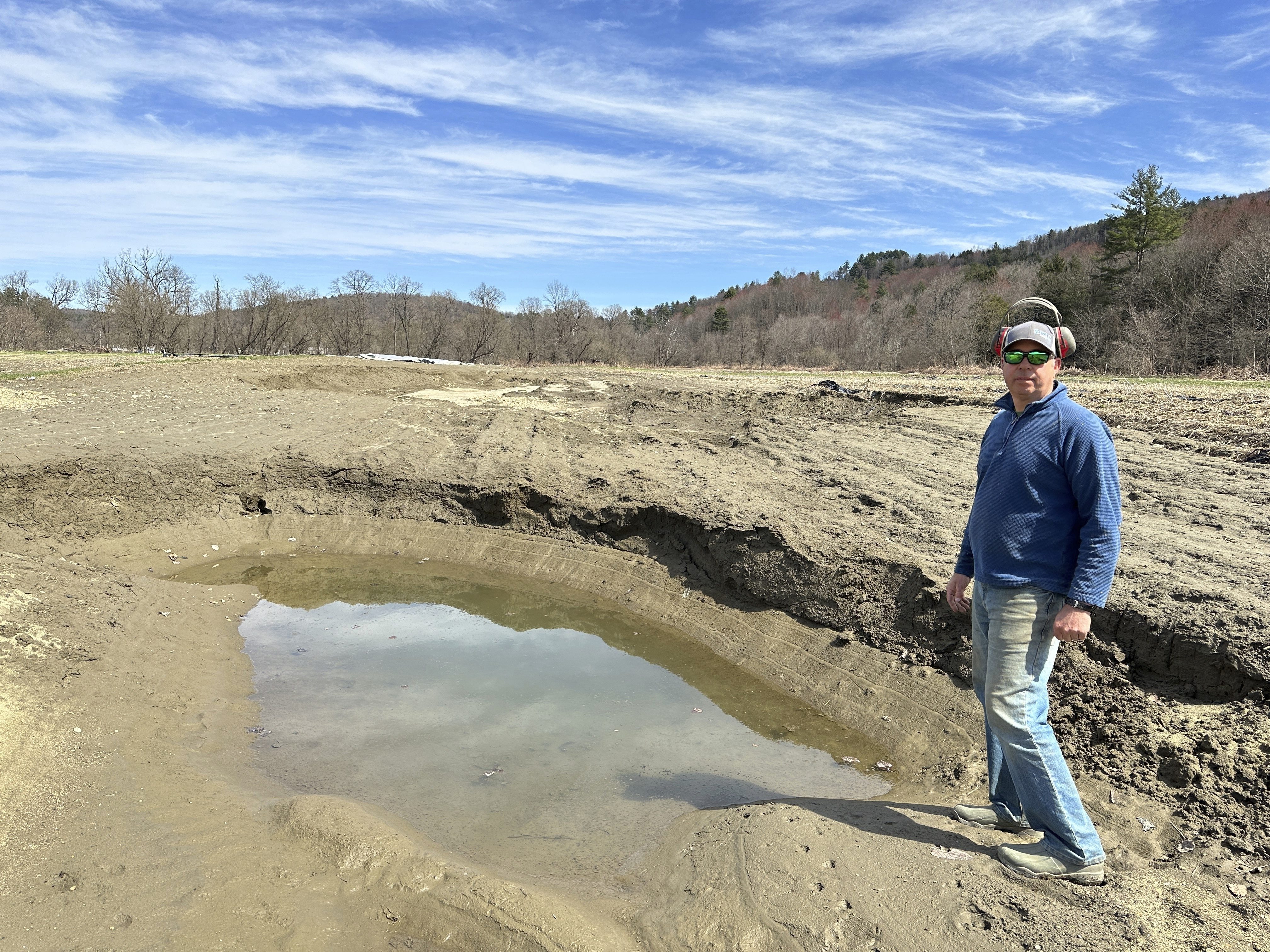Sen. Bernie Sanders, I-Vermont, is widely expected to enter the race for the Democratic nomination for U.S. President on Thursday. NBC News confirmed Sanders is expected to issue a statement on his entry into the race. Vermont Public Radio first reported that Sanders would declare his intention to seek the nomination.
"He's going to make a difference in this race," predicted University of Vermont political scientist Garrison Nelson, who has been following the career of Bernie Sanders since the 1970s.
Sanders’ rise to the national spotlight began with a few failed campaigns in 70s, for both U.S. Senate and Vermont governor, before he won the job of Burlington's mayor. Sanders served Burlington for most of the 1980s, before beginning eight terms in the U.S. House of Representatives in the early 1990s. He is currently in his second term in the U.S. Senate.
Consistently, the self-described democratic socialist has been a voice for the middle class, for the elderly, and for veterans. He has expressed deep admiration for the way Sweden, for example, provides government-funded health care and higher education for its people. Sanders has also been a sharp thorn in the side of Wall Street interests.
"By and large, I see his role as pushing the agenda and making sure that the unrepresented segment of the population has a voice," Nelson told New England Cable News.
The presence of Bernie Sanders in the race will likely force Democratic frontrunner Hillary Clinton to the left, Nelson says, making her address issues like income inequality.
Last Thursday, Sanders told Vermont PBS viewers he would be an underdog in a national campaign because of the deep-pockets of billionaire political donors. But it's underdogs Sanders has always championed.
Vermont
The latest news from around the state
"What is needed is a campaign that says, 'Enough is enough,'" Sanders said, describing his concerns over income inequality in the United States. "I am extremely concerned that that American dream is disappearing, that the rich will continue to get much richer, and everyone else will get much poorer."
Now 73, even political opponents of Sanders would likely acknowledge he has the energy and drive of a younger man. Famously, in 2010, he spoke for nearly nine hours on the floor of the Senate to express his belief that proposed tax changes would adversely impact the middle class.
Known to Vermonters simply by his first name, Bernie caucuses with Democrats but has been protective of his Independent identity. Still, many expect Sanders to run as a Democrat.
"I think that's the right choice," observed Rep. Chris Pearson, P-Burlington.
Pearson said he worked on a re-election campaign of Sanders in 1998, then worked in a Congressional field office in Vermont after the election. Pearson, now a Progressive state lawmaker in Montpelier, noted third-party candidates face big institutional challenges in this country, so running as a Democrat, not an Independent, may give Sanders a place at the table.
"The point is either to win the highest office or at the minimum, to have a major impact on the debate," Pearson told necn. "And you've got to be in the debate to do that."
Pearson and Nelson both said they believe Sanders is more likely to draw high-level national attention now than ever before because after a painful recession, many Americans may connect to Sanders’ calls for economic revolution.
Gov. Peter Shumlin, D-Vermont, declined to say at this early juncture if he would vote for Bernie Sanders, Hillary Clinton, or another candidate. Shumlin said he thinks a large field of candidates is good for the Democrats and for the national conversation.
"What I say to Bernie, to Martin O'Malley, to Hillary Clinton, to Lincoln Chafee, is: 'Run!,'" Shumlin said. "We need a robust debate."
After issuing a statement announcing his entry, Sanders is expected to hold a formal kickoff event in Vermont late next month, sources confirmed to NBC News.



